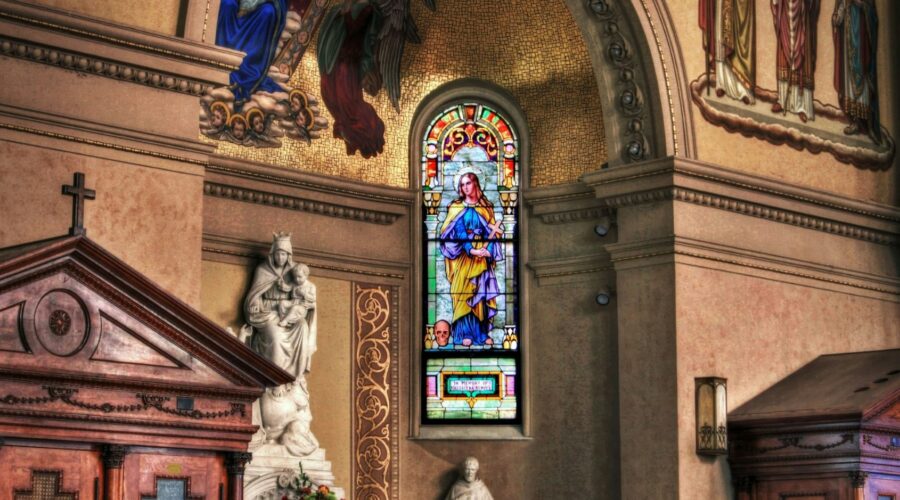Your cart is currently empty!
Christ the King: A Comprehensive Guide to His Reign and Significance

Introduction
Christ the King is a central figure in Christianity, whose reign and significance have shaped the beliefs and practices of countless followers for centuries. This comprehensive guide will delve into the key aspects of Christ’s kingship, exploring its biblical basis, historical context, and enduring impact.
Biblical Basis
Old Testament Prophecies
- Psalm 2: “Thou art my Son; this day have I begotten thee.”
- Isaiah 9:6: “For unto us a Child is born, unto us a Son is given; and the government will be upon His shoulder. And His name will be called Wonderful, Counselor, Mighty God, Everlasting Father, Prince of Peace.”
New Testament Fulfillment
- Matthew 2:1-2: “Now when Jesus was born in Bethlehem of Judea in the days of Herod the king, behold, there came wise men from the East to Jerusalem, saying, ‘Where is He who has been born King of the Jews? For we have seen His star in the East and have come to worship Him.’”
- John 18:36-37: “Jesus answered, ‘My kingdom is not of this world. If My kingdom were of this world, My servants would fight, so that I should not be delivered to the Jews; but now My kingdom is not from here.’ Pilate therefore said to Him, ‘Are You a king then?’ Jesus answered, ‘You say rightly that I am a king.’”
Historical Context
Roman Empire
In the first century AD, the Roman Empire dominated the Mediterranean world. The emperor was considered a god-like figure, claiming absolute authority over his subjects. This context influenced the development of the concept of Christ’s kingship, as the early Christians sought to define their own ruler in contrast to the emperor.
Jewish Messianic Expectations
The Jewish people had long expected a messiah, a deliverer from oppression. When Jesus emerged, some saw him as the fulfillment of these prophecies. However, his kingship was not primarily a political or military one, but rather a spiritual and eternal reign.
Aspects of Christ’s Kingship
King of Creation
Christ is the creator and sustainer of all things (Colossians 1:16). He exercises sovereign authority over every creature and element in the universe.
King of Salvation
Through his death and resurrection, Christ overcame sin and death, becoming the savior of all who believe in him (1 Corinthians 15:57). His kingdom is a realm of forgiveness, grace, and eternal life.
King of the Church
Christ is the head and Lord of the church, his body of believers (Ephesians 5:23). He guides, protects, and provides for his people, leading them to maturity and ultimately to eternal glory.
King of Kings and Lord of Lords
As the supreme ruler of the universe, Christ has authority over all other kings and rulers (Revelation 19:16). He will ultimately establish his eternal kingdom, where all creation will worship him forever.
Significance of Christ’s Kingship
For Christians
- Provides assurance of salvation and eternal life.
- Guides moral conduct and ethical decision-making.
- Inspires hope and joy amidst trials and tribulations.
For Non-Christians
- Invites them to receive Christ’s salvation and enter his kingdom.
- Challenges cultural norms and values that contradict his teachings.
- Offers a vision of ultimate justice, peace, and harmony.
Feast of Christ the King
The Feast of Christ the King is an annual celebration in the Catholic Church observed on the last Sunday of the liturgical year. It was instituted by Pope Pius XI in 1925 to emphasize the universal sovereignty of Christ over all creation.
Conclusion
Christ the King is a pivotal figure in Christianity, whose reign encompasses creation, salvation, the church, and the ultimate destiny of all things. His kingship is a source of comfort, hope, and guidance for Christians and a challenge to the values and norms of the world. Through understanding the biblical basis, historical context, and enduring significance of Christ’s kingship, we can deepen our appreciation of his person and mission.